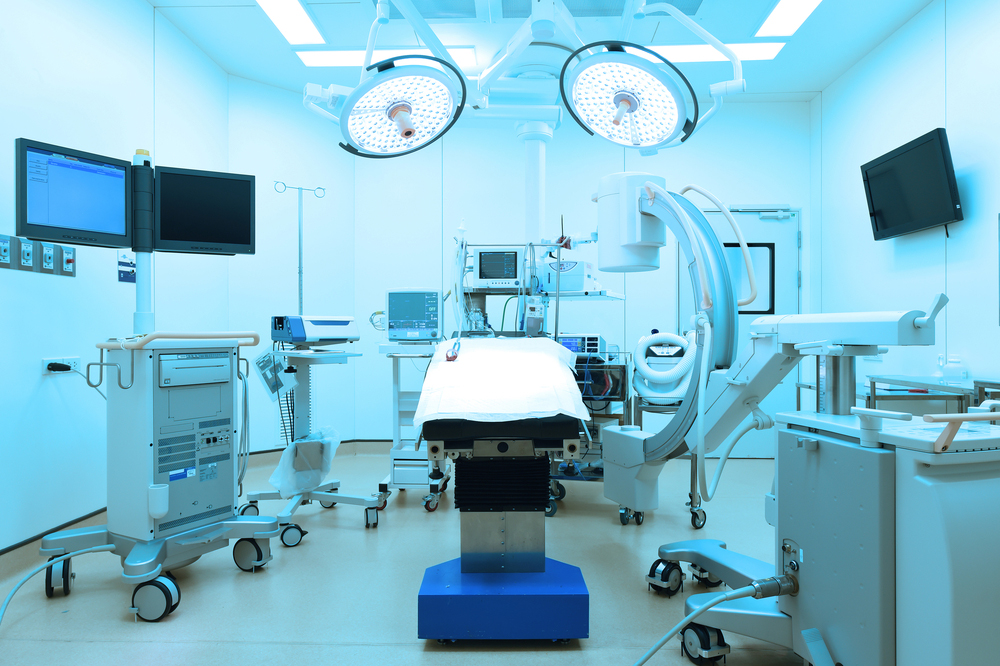All medical devices, from digital thermometers to nebulisers to imaging equipment, will be governed by the same rules as drugs, the Union health ministry said in notifications on Tuesday that propose different timelines for different devices.
The notification specifying medical devices as drugs covers all instruments, apparatus, appliance or implants used for diagnosis, prevention, monitoring, treatment, or alleviation of disease or disorder, injury or disability, control of conception and life support equipment.
The rules that govern drug laws require all manufacturers to go through a regulatory process for all products before they are marketed. Patients’ rights advocates have long asked the government to regulate all medical devices.
The notification specifying timelines has proposed dates of November 1, 2020, for ultrasound equipment, January 1, 2021, for blood pressure monitoring devices, glucometers, digital thermometers and April 1, 2021, for implantable medical devices, CT scan equipment, MRI scan equipment, and dialysis machines.
A patients’ rights representative said consumer groups for now remain sceptical about the capacity of the Central Drug Standards Control Organisation (CDSCO) — the apex drugs regulatory agency — to regulate devices under the proposed rules.
“We are particularly wary about the CDSCO’s competence, expertise and its commitment to patient safety, given its dismal track record,” said Malini Aisola, a coordinator with the All India Drug Action Network, a patients’ rights group.
Sections of doctors and patients’ rights activists have often criticised the CDSCO for failing to ensure that patients are not exposed to potentially risky products — such as illegal and unapproved fixed dose combinations of certain medicines.
“We urgently need reforms to strengthen the regulatory mechanism in relation to patient safety,” she said.
“We need guidelines for approvals, clinical studies, and a robust and functioning system to monitor any adverse events.”
A senior industry representative said the device manufacturers would be “okay” to be regulated under a “risk-proportionate” rules.
“We are highly uncomfortable to be regulated under the very rigid and prescriptive drugs act,” Rajiv Nath, forum coordinator with the Association of Indian Medical Device Industy, told The Telegraph.
“Any non-conformity can be treated as a criminal offence by a drug inspector on discretion and (a company) hauled before a court. There are no risk proportionate penalties,” Nath said. “We have been seeking an assurance from the health ministry that this is a temporary measure until the Niti Aayog drafted bill to regulate medical devices separately from drugs becomes a law.”
Industry executives have contended that devices are engineering products and need to be regulated separately from drugs and biological products.
“No meeting has been called by the health ministry to address these apprehensions,” Nath said.










